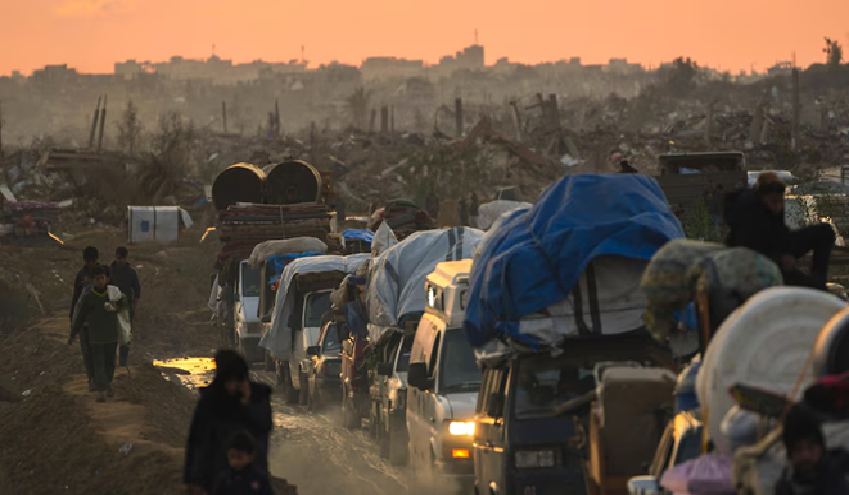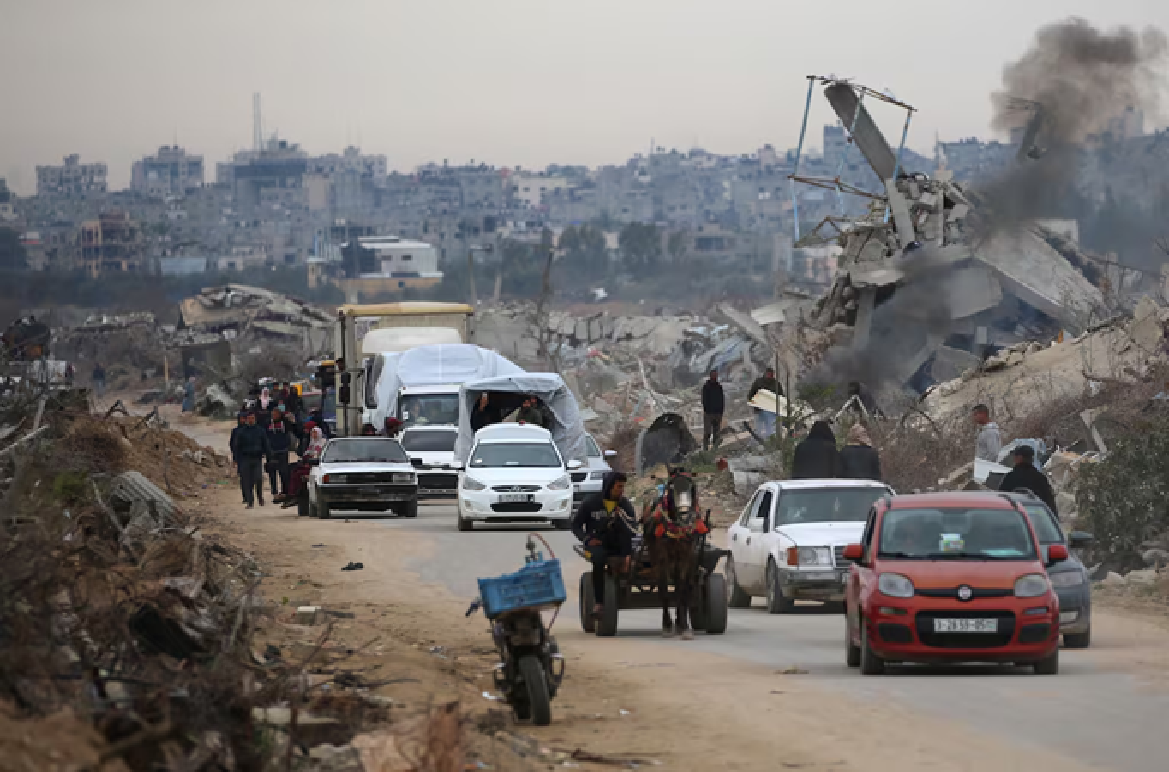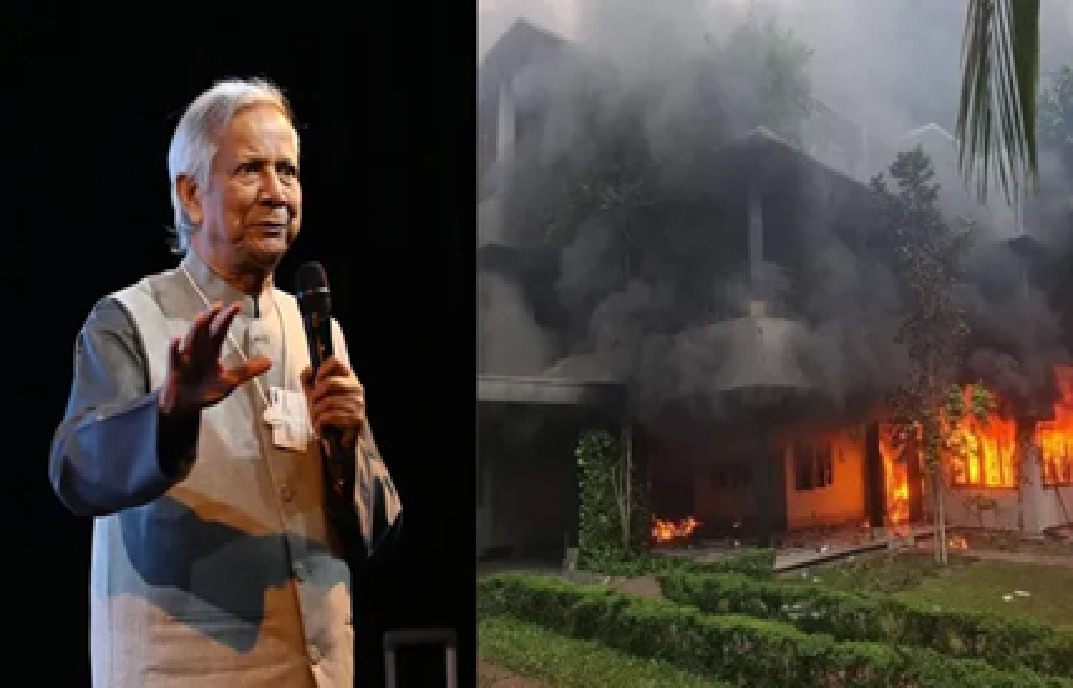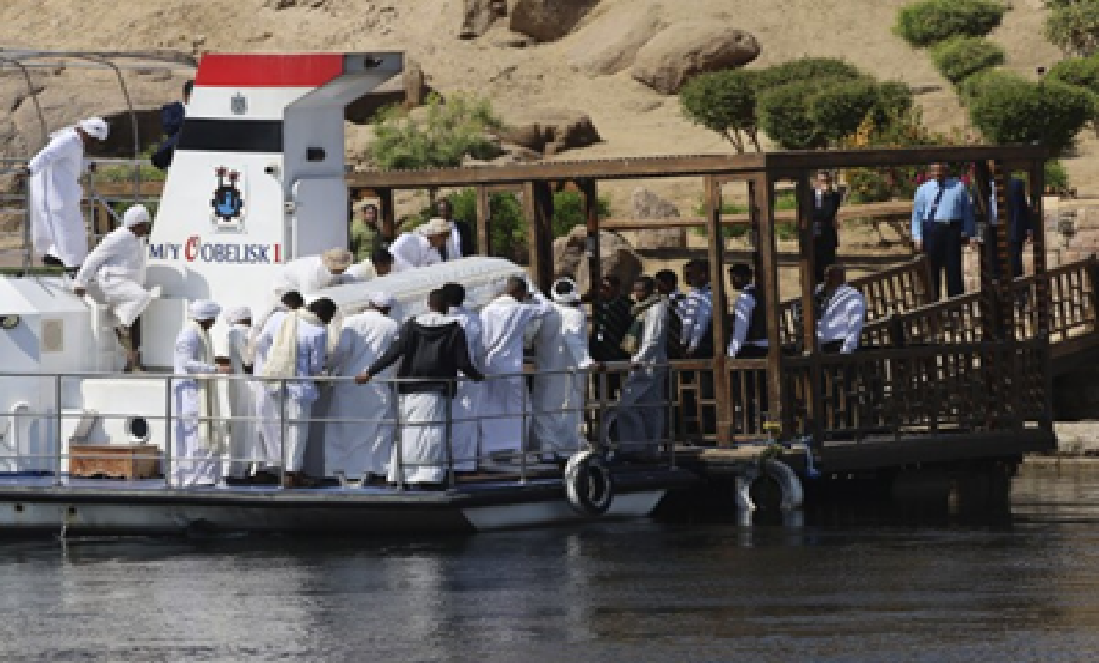
Afghans bury dead, dig for survivors of earthquake
Kabul: Villagers rushed to bury the dead Thursday and dug by hand through the rubble of their homes in search of survivors of a powerful earthquake in eastern Afghanistan that state media reported killed 1,000 people. The Taliban and the international community that fled their takeover struggled to bring help to the disaster’s victims.
Under a leaden sky in Paktika province, which was the epicentre of Wednesday’s magnitude 6 earthquake, men dug a line of graves in one village, as they tried to lay the dead to rest quickly in line with Muslim tradition. In one courtyard, bodies lay wrapped in plastic to protect them from the rains that are hampering relief efforts for the living.
The state-run Bakhtar News Agency reported the death toll and said an estimated 1,500 more were injured. In the first independent count, the United Nations Office for the Coordination of Humanitarian Affairs said around 770 people had been killed in Paktika and neighbouring Khost province.
It’s not clear how the totals were arrived at, given the difficulties of accessing and communicating with the affected villages tucked into remote mountainsides.
Either grim till would make the quake Afghanistan’s deadliest in two decades, and officials continued to warn the number could still rise. “They don’t have anything to eat, they are wondering what they can have to eat, and it is also raining,” a Bakhtar reporter said in footage from the quake zone. “Their houses are destroyed. Please help them, don’t leave them alone.”
The disaster heaps more misery on a country where millions already faced increasing hunger and poverty and the health system has crumbled since the Taliban retook power nearly 10 months ago amid the U.S. and NATO withdrawal. How the international humanitarian community, which has pulled back significant resources from the country, will be able to offer aid and to what extent the Taliban government will allow it to remain in question.
The Taliban’s takeover led to a cutoff of vital international financing, and most governments remain wary of dealing directly with them. UN agencies and other organizations still operating in Afghanistan said they sent supplies to the area, including medical kits, tents and plastic tarps, but the needs appeared immense as whole villages sustained massive damage.
“We ask from the Islamic Emirate and the whole country to come forward and help us,” said a survivor who gave his name as Hakimullah. “We are with nothing and have nothing, not even a tent to live in.” Search and rescue remained a priority. In hard-hit Gayan District, much of the rubble was too large for people to move with their hands or shovels.
They said they hoped large excavators would make it out their remote homes. For now, there was only one bulldozer in the area. In addition to the political and financial concerns, there were also logistical challenges to getting aid to remote villages. —AP
 English daily published in Bengaluru & Doha
English daily published in Bengaluru & Doha






